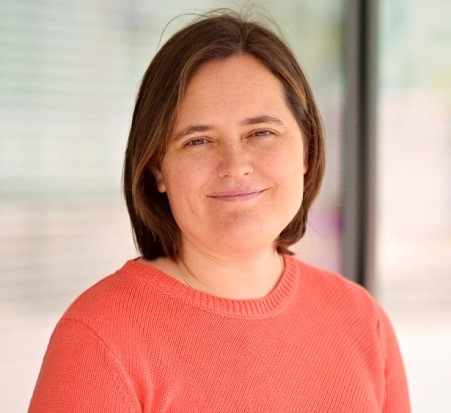Catalytic Activation of Carbon Dioxide to make Polymers and Fuels
- Start Tuesday 14 May 2019 6:00pm
- Finish Tuesday 14 May 2019 7:30pm

This talk will provide an overview of research in the Williams group into new catalyst development both for synthesis of polymers and for fuels, such as methanol. CO2 is a famously recalcitrant molecule and very difficult to efficiently transform into useful materials. The opportunity is to discover how to use CO2 as a raw material both to make chemicals, thereby reducing pollution associated with conventional petrochemical routes, and to use it as an energy vector. This lecture will provide a general introduction to these two topic and will provide detail on the context, chemistry, life cycle analysis, energy opportunities and potential for integration with other industries. It will also seek to inform on the product application areas for the polymers.
The talk will describe a series of new homogeneouscatalysts for the polymerization of carbon dioxide and epoxides which operate in the low pressure regime: at 1 bar CO2 pressure. In particular, it will emphasise the importance of polymerization kinetics and structure-activity studies in developing more active catalysts. The lecture will highlight the development and industrial application of polycarbonates and polyols prepared from carbon dioxide. In the second part, research into new nanoparticle catalysts comprising ZnO and Cu for the hydrogenation of carbon dioxide to methanol will be described. It will describe the potential to exploit organometallic reagents and intermediates to prepare ultra-small colloidal nanoparticles, as well as new well-defined metal-hydroxyl clusters and2-D layered materials. The opportunity to couple CO2 recycling with energy storage in the form of methanol will be discussed and areas for future research identified.
Speaker
Charlotte Williams is a professor of Inorganic Chemistry at Oxford University (2016-present). Her research interests are in polymerization catalysis, polymer chemistry and nanoparticle synthesis. She investigates how use renewable resources to make polymers, with a particular emphasis on polyesters and polycarbonates. Her work includes catalysts enabling carbon dioxide copolymerization, lactone ring-opening polymerization and selective catalysis from monomer mixtures (switch catalysis). In 2011, Charlotte founded econic technologies which is commercializing catalysts to transform CO2 into products (http://econic-technologies.com/). From 2003-2016, she was on the faculty at Imperial College London and during that time servedas the head of the materials chemistry research section. Earlier in her career, she was a postdoctoral researcher at Cambridge University (2002-2003), working with Andrew Holmes and Richard Friend (Organometallic polymersfor electronics), and at the University of Minnesota (2001-2002) working with Bill Tolman and Marc Hillmyer (zinc catalysts for lactide polymerization). She obtained her BSc and PhD from Imperial College London, working with Vernon Gibson and Nick Long on ethene polymerization catalysis. Charlotte’s work has been recognised by recent prizes from DECHEMA (Otto Roelen Medal, 2018), The UK Catalysis Hub (Sir John Meurig Thomas Medal, 2017) and the Royal Society of Chemistry (Corday Morgan Medal, 2016).

